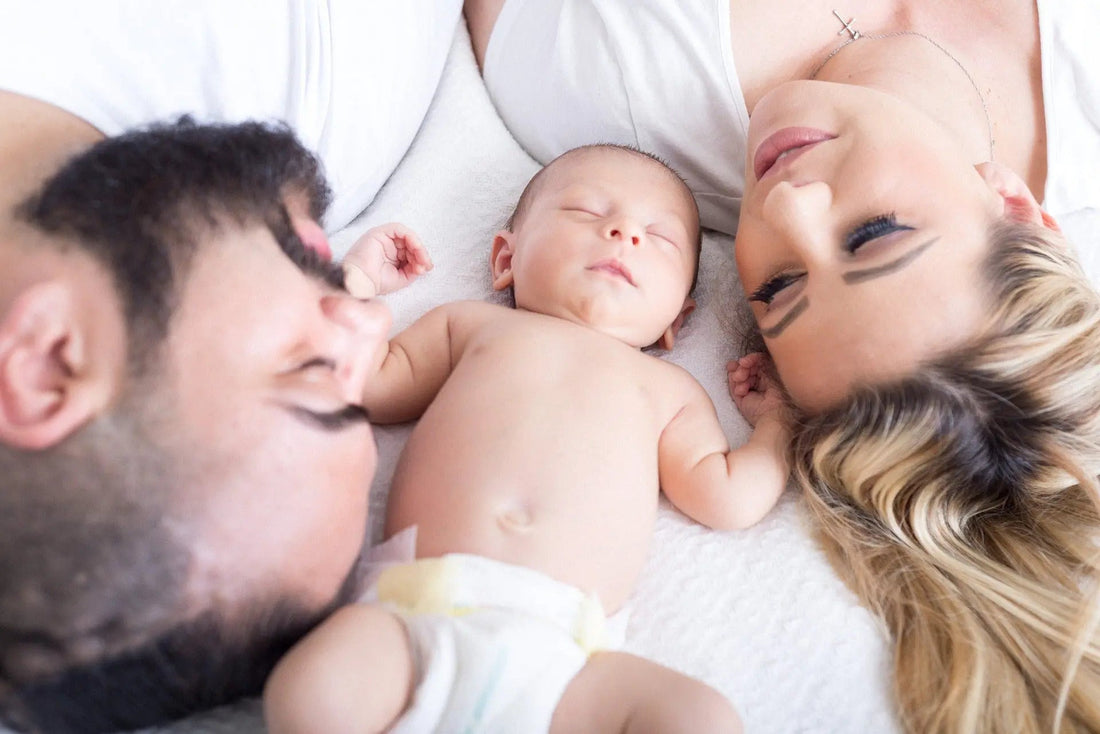Perinatal Anxiety and Depression: Support and Resources During PANDA Week
As November 11th- 17th is PANDA week we thought it was important to join in the conversation.
Perinatal anxiety and depression is a serious and common illness. Up to one in five expecting or new mothers and one in ten expecting or new fathers will experience it. Around 100,000 families across Australia are affected by it every year!
Left untreated, perinatal anxiety and depression can have a devastating impact on families. In the worst cases, lives can even be put at risk.
Being pregnant or becoming a new parent can be both exciting and challenging. Having a degree of trouble adjusting to the changes that come with impending parenthood or the arrival of a new baby is natural.

You have to adapt to so many new things that even the best parenting books don’t prepare you for:
- Exhaustion while adapting to a demanding sleep/feed schedule
- Physical demands of breastfeeding–pain associated with latching-on, cracked nipples and mastitis
- Recovery from birth whilst caring for a newborn
- The demands of running a household while managing your own and baby’s needs
- Lack of confidence in your ability to understand baby’s needs
- Navigating the expectations and advice of family and friends
- Change to your personal identity–this can include loss of your work role and status; loss of social life, loss of sense of freedom
- Change in your relationship with your partner– this can include negotiating differing ideas on how to care for baby; changes in attitude and needs towards physical intimacy
- Change in family dynamics with the addition of another baby.
Feeling a little ‘teary’, anxious or irritable for a few days in the weeks after the birth – often referred to as the ‘baby blues’ – is common, however, when a low mood or feelings of anxiousness start to cause concerns or stop an expecting or new parent from functioning normally for more than two weeks, they may be experiencing perinatal anxiety or depression.
There is no need to suffer alone. If you feel scared or overwhelmed as a new parent, it is important to know that help is available. Most of the difficulties faced by new parents can be resolved or alleviated with the right care, information and support.
Providing the best care for your baby also means remembering your own wellbeing. You need to eat well, rest and have breaks.

Here are some important points to remember:
- Keep realistic expectations – resist media representations of parenting
- Try not to be swamped by parenting information. Trust that you are learning how to best look after your baby. This takes time!
- Allow yourself time to learn through experience. Don’t judge yourself harshly against others’ expectations
- Have one or two trusted sources of independent information – a GP, a child health nurse, a supportive and non-judgemental friend or family member
- Take care of your own health; It is just as important as your baby’s
- Try to arrange some time out for yourself.
It’s important for expecting and new parents who are worried about their emotional and mental wellbeing to seek support. The sooner you do this, the sooner you will start to feel better!
If you would like to talk to someone, contact your doctor, family health nurse, or call PANDA’s free National Perinatal Anxiety & Depression Helpline.
PANDA’s National Perinatal Anxiety & Depression Helpline 1300 726 306 9am – 7.30pm Mon – Fri (AEST/AEDT)
There is also important and up-to-date information about perinatal anxiety and depression and postnatal psychosis on PANDA’s websites:



